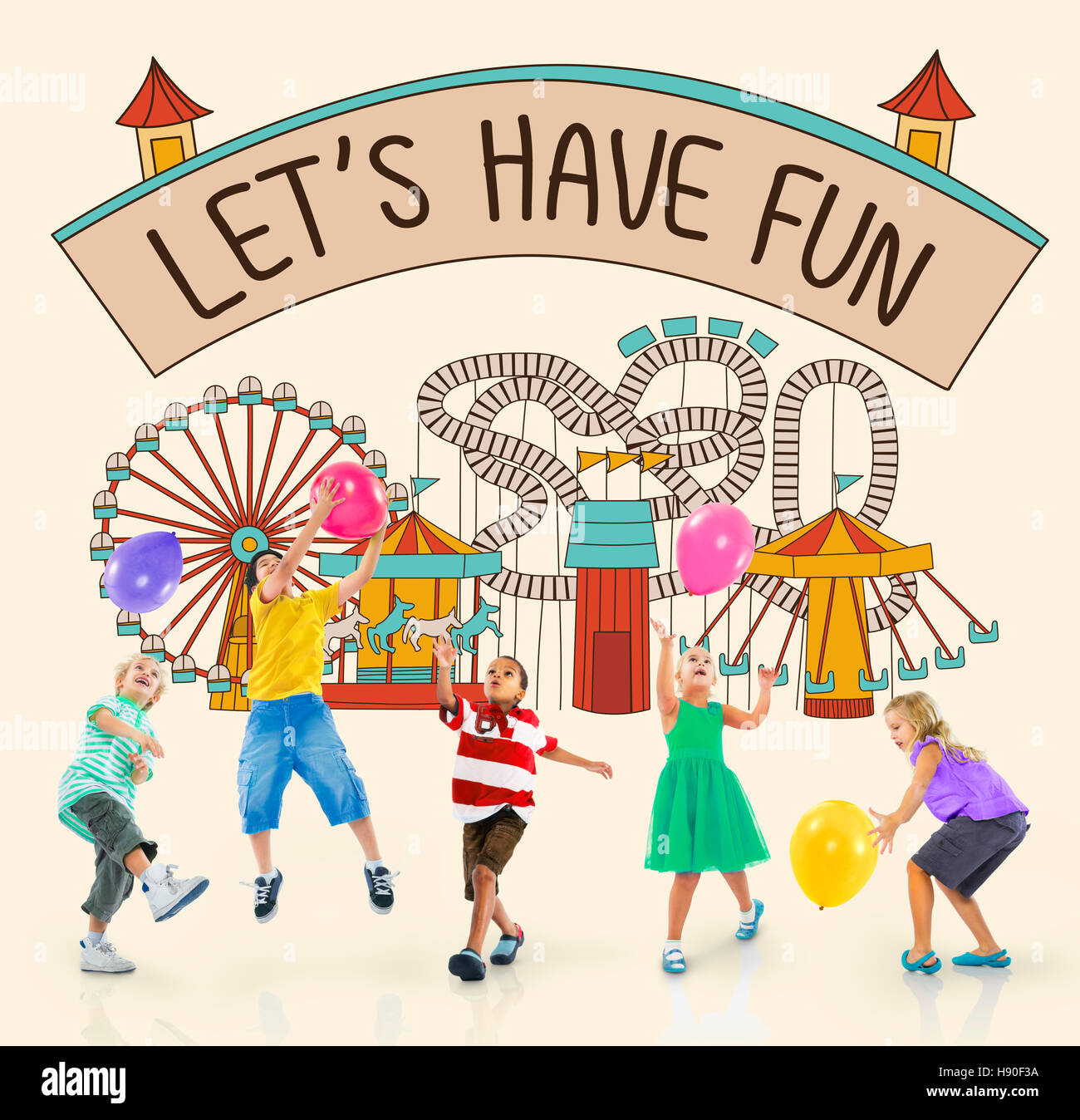
Unlock Connection: Fun Conversation Starter Games for Deeper Bonds
Introduction:
In a world saturated with digital noise and fleeting interactions, the art of meaningful conversation often takes a backseat. Whether you’re at a social gathering, on a first date, or simply trying to connect with loved ones, sparking engaging conversations can be a challenge. Enter: conversation starter games. These playful, thought-provoking activities are designed to break the ice, ignite curiosity, and pave the way for genuine connection. In this article, we’ll explore a variety of fun conversation starter games that can help you deepen relationships, learn new things, and inject a dose of lightheartedness into any situation.
Why Conversation Starter Games Matter
Before diving into specific games, let’s consider why they’re so valuable:
- Breaking the Ice: Overcome initial awkwardness in new social settings.
- Deeper Connections: Move beyond superficial small talk to uncover shared values, interests, and experiences.
- Enhanced Communication: Practice active listening, thoughtful questioning, and articulate expression.
- Fun and Laughter: Introduce an element of playfulness and levity, making conversations more enjoyable.
- Discovering New Perspectives: Hear diverse viewpoints and broaden your understanding of the world.
- Team Building: Improve collaboration and rapport within groups or teams.
- Reducing Social Anxiety: Provides a structured way to interact, easing anxiety for introverted individuals.
Top Conversation Starter Games
Here are a variety of conversation starter games, categorized by their purpose and style, to suit different situations:
1. The "Would You Rather" Game
- Concept: Present two intriguing or outlandish scenarios and ask participants to choose which they would prefer.
- Example Questions:
- "Would you rather have the ability to read minds or become invisible?"
- "Would you rather travel to the future or the past?"
- "Would you rather have a personal chef or a personal masseuse?"
- Why it Works: "Would You Rather" questions encourage creative thinking, reveal personal preferences, and often lead to humorous debates.
- Best for: Casual gatherings, road trips, parties.
2. Two Truths and a Lie
- Concept: Each person shares three "facts" about themselves: two true statements and one lie. Others guess which statement is the lie.
- Example: "I’ve climbed Mount Kilimanjaro, I can speak fluent Swahili, I once won a pie-eating contest."
- Why it Works: This game encourages storytelling, sharp observation, and a bit of playful deception.
- Best for: Getting-to-know-you events, team-building activities, icebreakers.
3. Never Have I Ever
- Concept: Players take turns saying "Never have I ever…" followed by an action they’ve never done. Anyone who has done that action takes a drink or raises a finger.
- Example: "Never have I ever gone skydiving."
- Why it Works: "Never Have I Ever" prompts sharing of personal experiences and often reveals surprising or amusing anecdotes.
- Best for: Relaxed social gatherings, parties, casual get-togethers.
4. Story Starters
- Concept: Provide a short, intriguing sentence or paragraph to start a story. Each person adds a sentence or paragraph to continue the story, building it collaboratively.
- Example: "The old lighthouse keeper had a secret…"
- Why it Works: This game sparks creativity, encourages teamwork, and leads to unpredictable and often hilarious narratives.
- Best for: Creative writing groups, team-building exercises, long car rides.
5. "If You Could…" Questions
- Concept: Pose questions that begin with "If you could…" to explore aspirations, values, and dream scenarios.
- Example Questions:
- "If you could have any superpower, what would it be?"
- "If you could travel to any place in the world, where would you go?"
- "If you could have dinner with any historical figure, who would you choose?"
- Why it Works: "If You Could" questions tap into imagination, reveal personal passions, and often lead to insightful discussions.
- Best for: One-on-one conversations, group discussions, getting-to-know-you events.
6. The Compliment Circle
- Concept: Everyone sits in a circle. One person receives compliments from everyone else in the circle, one at a time. Then the next person receives compliments, and so on.
- Why it Works: This game fosters positivity, strengthens relationships, and boosts self-esteem.
- Best for: Team-building activities, family gatherings, creating a supportive atmosphere.
7. The "Desert Island" Game
- Concept: Ask participants what three items they would bring with them if they were stranded on a desert island.
- Why it Works: This game reveals priorities, problem-solving skills, and personal survival strategies.
- Best for: Team-building, icebreakers, casual conversations.
8. The "Rose, Bud, Thorn" Game
- Concept: Each person shares a "rose" (something positive), a "bud" (something they’re looking forward to), and a "thorn" (a challenge or difficulty they’re facing).
- Why it Works: This game encourages reflection, empathy, and a balance of positivity and realism.
- Best for: Team meetings, family dinners, checking in with friends.
9. The "Would Your Rather Be…" Game
- Concept: Present two contrasting identities or roles and ask participants which they would rather be.
- Example Questions:
- "Would you rather be a famous actor or a renowned scientist?"
- "Would you rather be a professional athlete or a successful entrepreneur?"
- "Would you rather be a master chef or a talented musician?"
- Why it Works: "Would Your Rather Be" questions reveal values, career aspirations, and personal preferences.
- Best for: Casual gatherings, group discussions, getting-to-know-you events.
10. The "Personal Commercial" Game
- Concept: Each person creates a short "commercial" to promote themselves, highlighting their unique skills, qualities, and accomplishments.
- Why it Works: This game boosts self-confidence, encourages self-reflection, and reveals hidden talents.
- Best for: Job interviews, networking events, team-building activities.
Tips for Facilitating Conversation Starter Games
- Set the Tone: Create a relaxed and welcoming atmosphere.
- Be Inclusive: Encourage everyone to participate, but don’t force anyone to speak.
- Listen Actively: Pay attention to what others are saying, and ask follow-up questions.
- Share Your Own Thoughts: Be willing to be vulnerable and share your own experiences.
- Keep it Light: Don’t take the games too seriously. The goal is to have fun and connect.
- Adapt to the Audience: Choose games that are appropriate for the age, interests, and comfort level of the participants.
- Be Mindful of Time: Keep the games concise to maintain engagement.
Conclusion
Conversation starter games are powerful tools for fostering connection, sparking curiosity, and injecting fun into any social interaction. Whether you’re aiming to break the ice, deepen relationships, or simply have a good time, these games offer a playful and engaging way to unlock meaningful conversations. So, gather your friends, family, or colleagues, and start playing! You might be surprised at the connections you forge and the insights you uncover.
